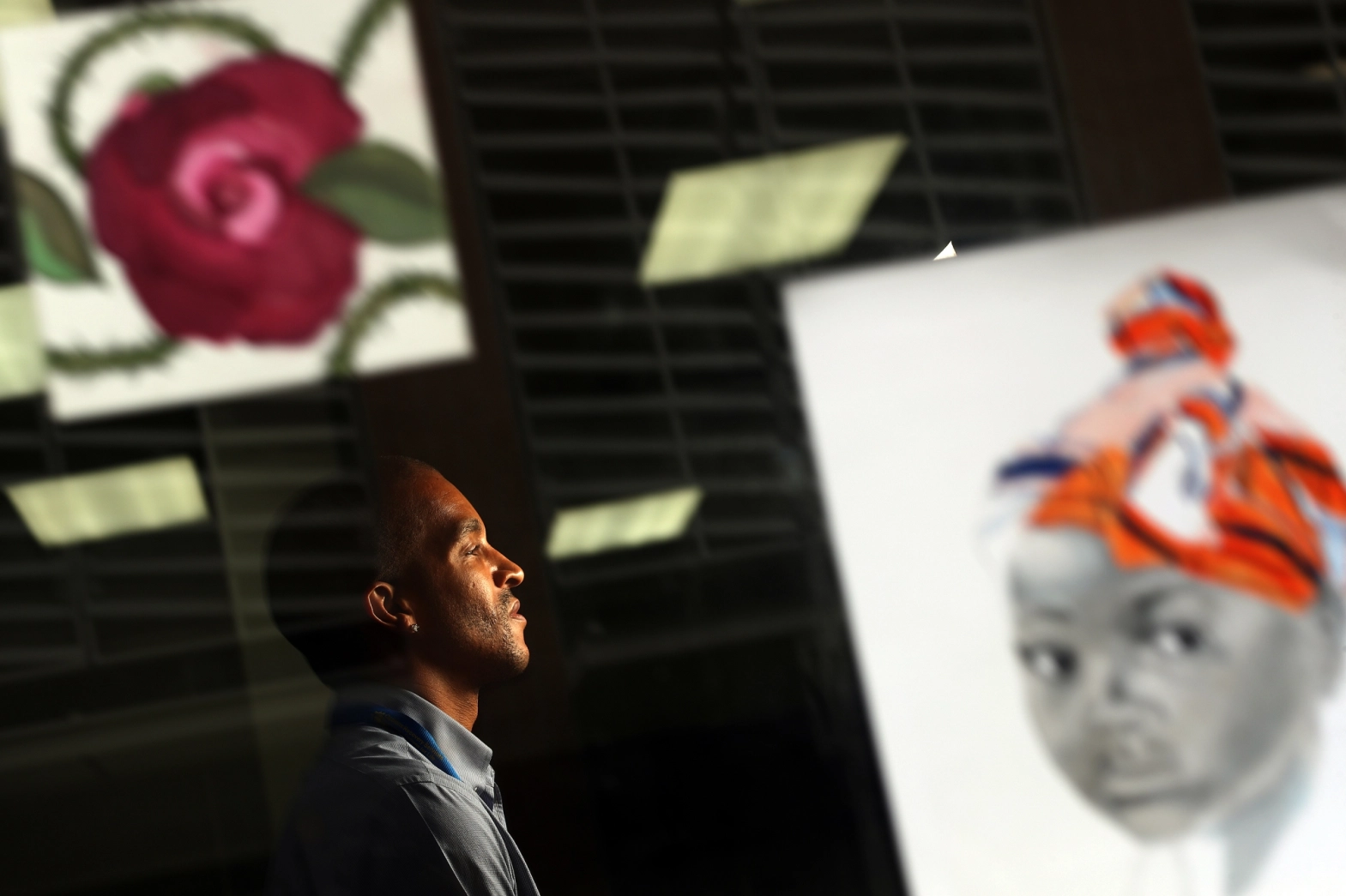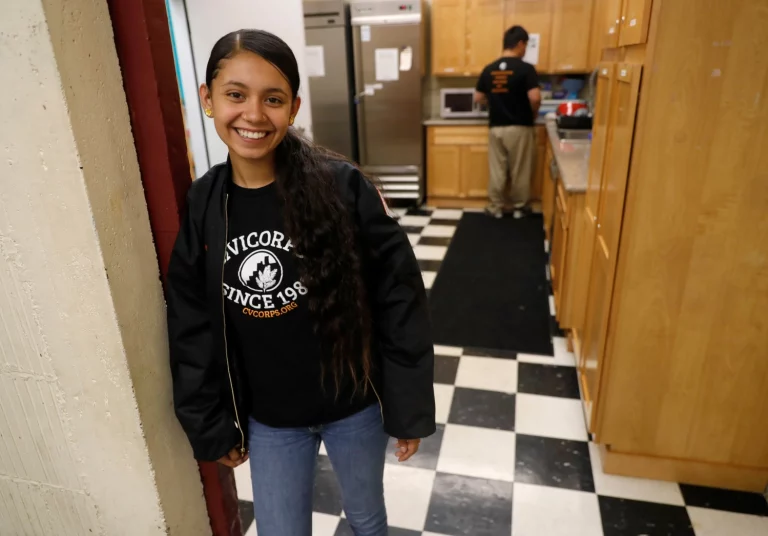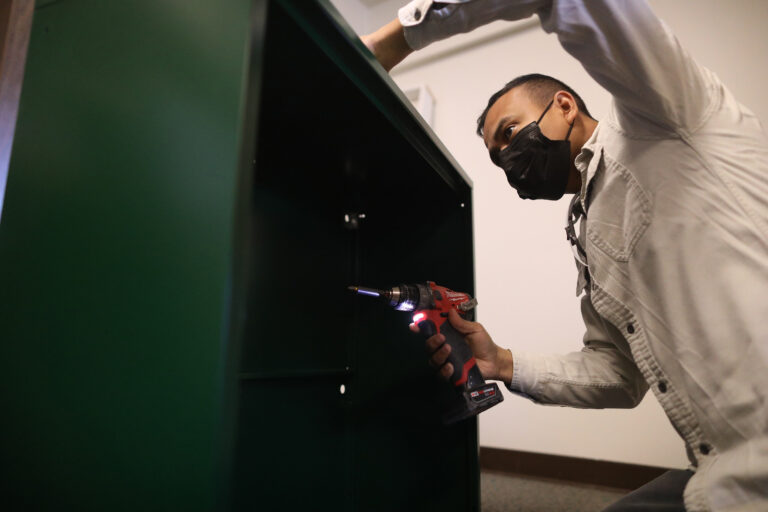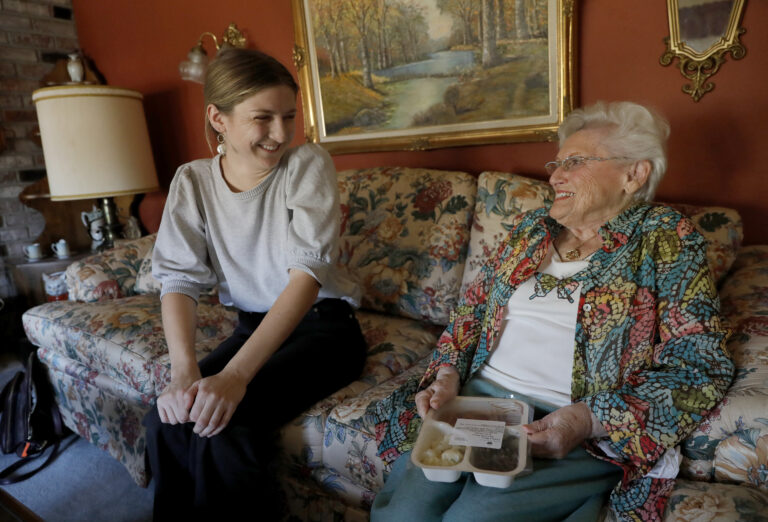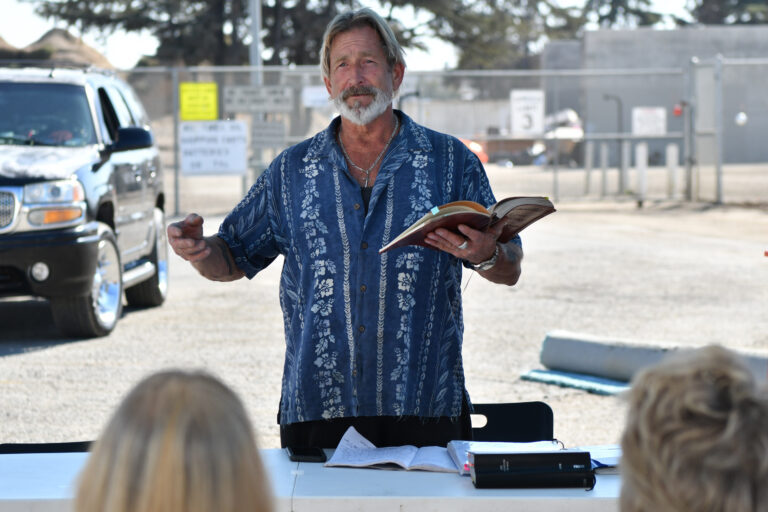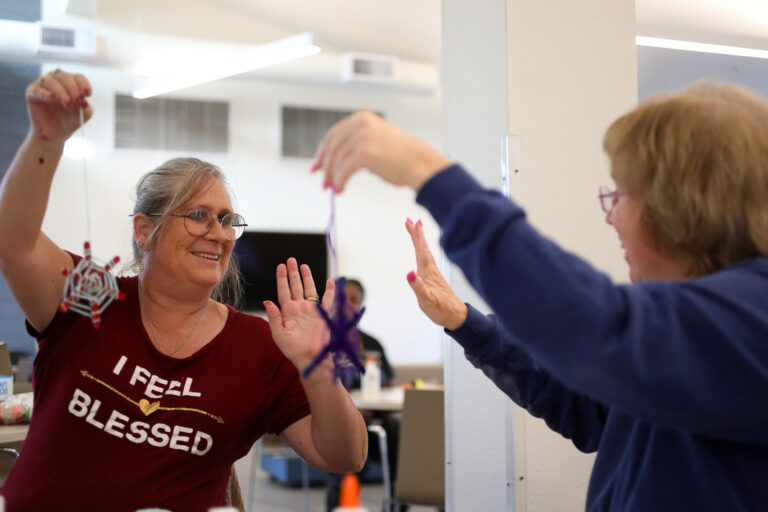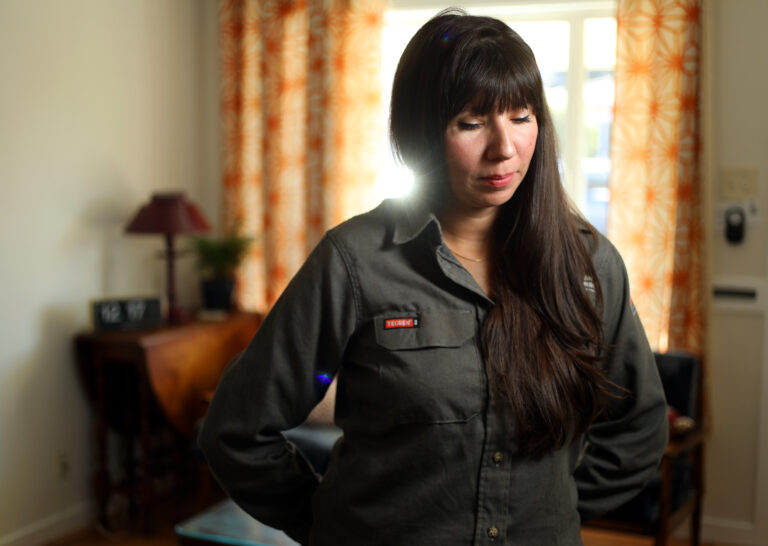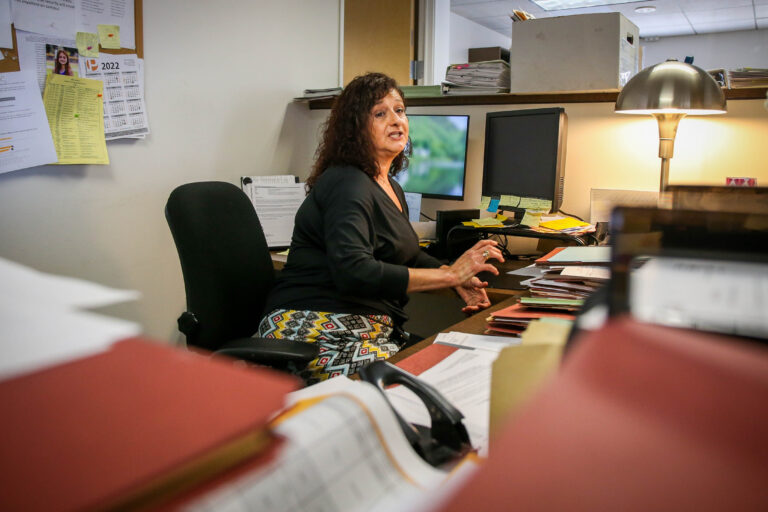When Samuel McFarland entered a treatment program for addiction in July 2018, he turned to his sketch pad.
He had always been into drawing, even as a kid, but it wasn’t something he had ever pursued full-time. Life was too busy — he played sports, went to college and later worked as a firefighter.
But when his drug addiction ultimately brought him to Options Recovery Services in Berkeley, he learned to tap into his creativity.
“There was a sketch pad and a pencil, and it was like a lost dream awakened,” McFarland said. “Whenever there was anything going on, it was beneficial to sketch. I think there is something healing about being able to externalize feelings, emotions.”
Now, McFarland is working to help others in treatment achieve a similar healing through art.
He has helped create the Recovery Through the Arts program at Options, where he has taught art classes for clients and helped support the publication and distribution of their artwork through annual calendars, newsletters and social media.

Options Recovery Services is a multi-service treatment center for people suffering from addiction. The center provides outpatient drug and alcohol treatment as well as sober housing for people participating in treatment.
A team of employees — drug and alcohol counselors, physician assistants, a medical doctor, an acupuncturist and others — foster a holistic treatment center for people with substance-use disorders, said Justin Phillips, executive director of Options.
The organization received funding this year from Share the Spirit, an annual holiday campaign that serves residents in need in the East Bay. Donations to the program will help support 56 nonprofit agencies in Contra Costa and Alameda counties. Options will use its grant toward the arts program.
The arts program at Options blossomed after McFarland, who had been volunteering in the organization’s development department, wanted to illustrate a series of drawings to depict what the 12 steps of recovery looked like for him. The art was published as a calendar and used in a grant application to help fund Options’ art program.
In step one, labeled “admitting powerlessness,” McFarland illustrated a rooster whose wrists and ankles were handcuffed and chained to anchors titled “addiction” and “relapse.” In step five, labeled “admitting one’s wrongs,” the bird is running from what appears to be demons in a closet.
The emotional progression of the illustrated steps is clear: The first expresses a certain chaos and pain, while the most soothing is the second to last step, “seeking grace,” in which a contented bird is sitting in front of rolling hills, the sun and a rainbow.
McFarland said the calendar represented his own feelings as he made his way through the treatment steps.
His own addiction “wasn’t a problem until it was,” he said, explaining that the transition from high school to college and to a career was so functional that he didn’t realize he was developing a problem.
“I thought, I’ve got a job, a car. It’s really progressive. Before you know it, you’re trading going into work to stay home and do your drug of choice,” he said. “Literally one day I woke up like, what the hell happened?”

It got worse when he found himself struggling with homelessness and overdosed in a park, where he fell and knocked his teeth out. People robbed him and left him for dead.
“Remaining the same outweighed the pain of change,” he said of his realization that he needed help then. After a detox stay, his mother took him to Options Recovery.
What’s great about Options is that it doesn’t turn people away for lack of money, he said. Otherwise, many people like him — whose addiction drove them into poverty — would not be able to access expensive residential treatment that can cost many thousands of dollars per month.
Instead, Options’ combined offerings of outpatient treatment and sober-living housing scattered across Oakland, Berkeley and San Leandro are free to clients who need those services.
“It’s unique,” Phillips said, explaining that too often people who are struggling with addiction find it difficult to sustain their treatment if they don’t have a sober, safe living situation or thousands of dollars to get into a residential facility.
Options contracts with Alameda County, cities and the state and receives clients referred from the court or other agencies. It also gets donations and grants to keep it going. The organization serves about 1,500 people a year, Phillips said.
The treatment program is eclectic and provides opportunities for clients to be expressive and “think outside the box,” Phillips said. For those who have trouble expressing themselves through words, art can be helpful.
To that end, Options and McFarland used his series of illustrations to create a calendar that served as an example of what can be accomplished in their application for a grant from the California Arts Council to expand the arts program. Since then, McFarland has taught art classes for Options’ clients and has helped grow the program to help participants publish their art through calendars or on social media.
It’s “one of the coolest things I’ve had in my life,” he said. “To have people say, ‘I’ve never done something like that,’ it’s almost magical. It’s a beautiful thing.”
He is now in his second year of pursuing a marriage and family therapy degree with an emphasis on expressive arts, and he hopes he can help facilitate art expression and therapy for others in their recovery, as art helped him.
“Options saved my life. The arts saved my life,” he said.
